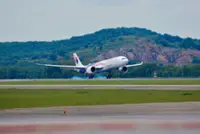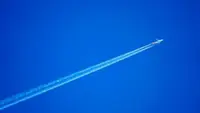WASHINGTON: Airlines will now have to provide automatic refunds to travellers if flights are cancelled or significantly altered under new US Department of Transportation (DoT) rules, a significant change for consumers that could drive up costs across the industry.
The final regulations released Wednesday outline the circumstances where passengers are entitled to refunds for all travel to, from and within the United States.





